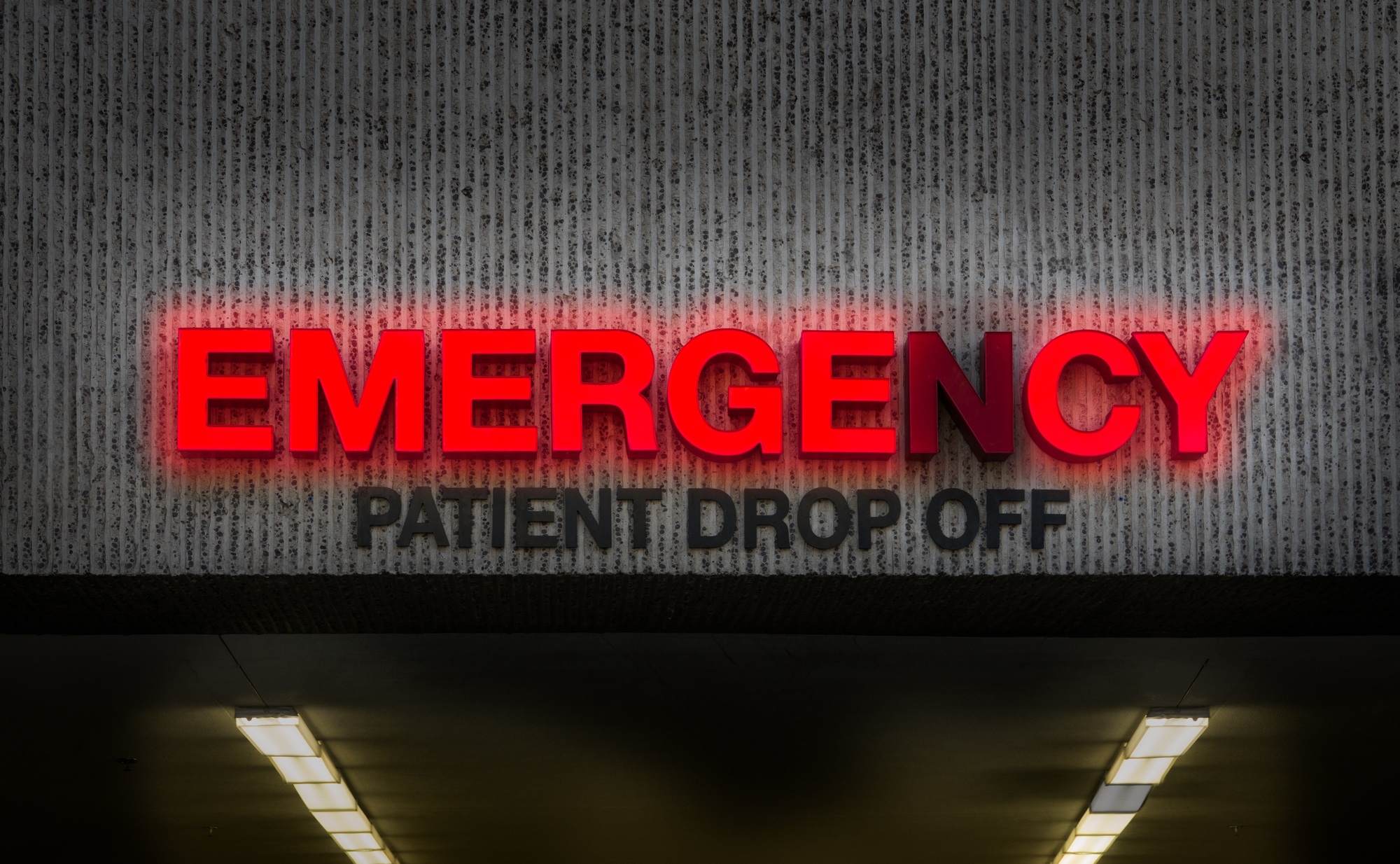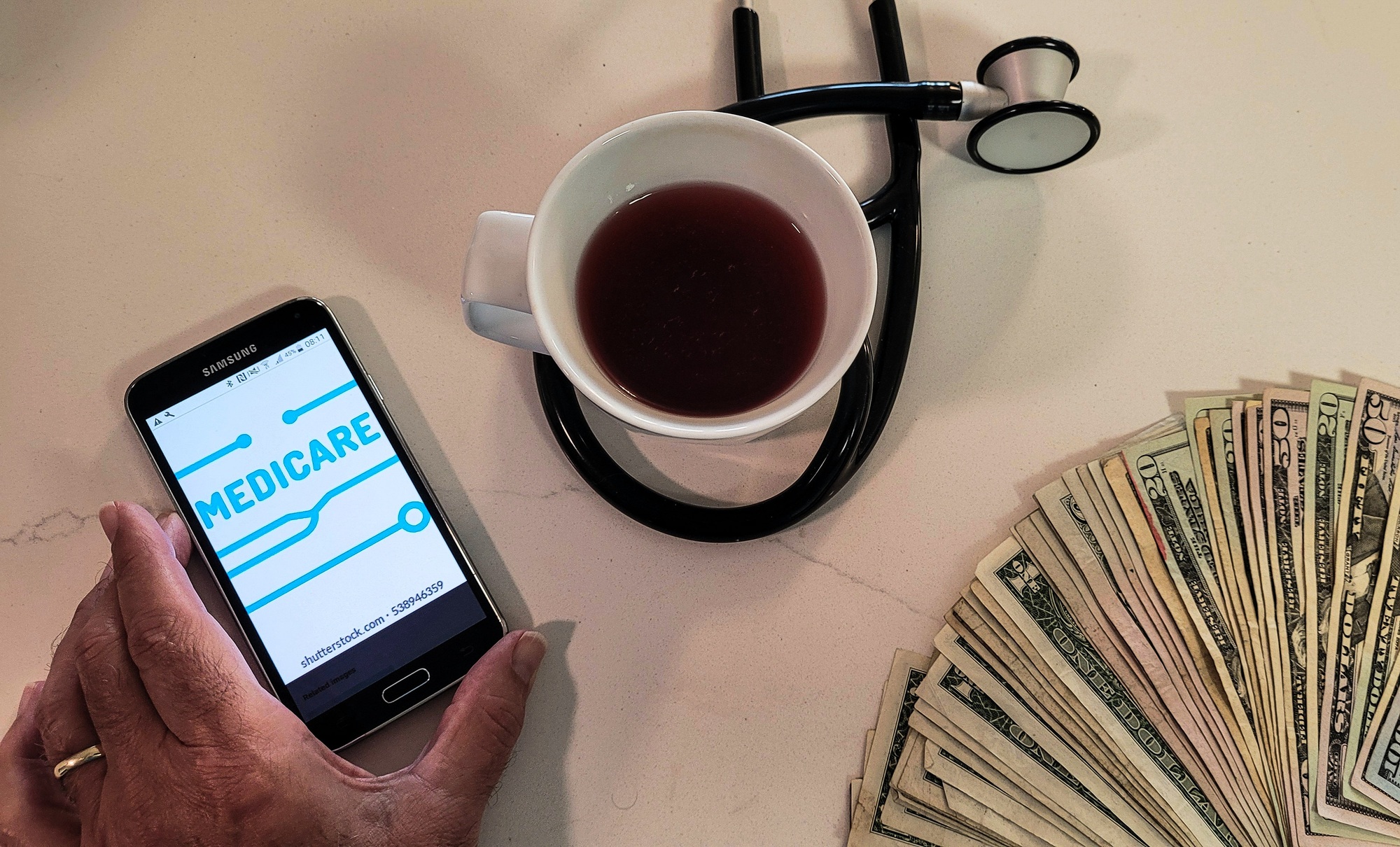Because of the importance online reviews play in the marketing of your medical practice, getting negative online reviews can be discouraging and worrisome for doctors. Patients wield a considerable amount of power with online reviews, which is why it is important for a doctor to understand how to appropriately handle those negative reviews. These are some strategies that will help doctors manage the process of responding to negative reviews to help maintain a strong professional reputation.

Negative online reviews must be evaluated by doctors
The initial reaction of most professionals when confronted with a negative review is to immediately respond. But, most times, that is not smart. Before responding to a negative review, take a moment to compose yourself. It is natural to feel defensive or upset when receiving criticism, but it is important to approach the situation with a calm and rational mindset. Evaluating the review objectively will help you address the concerns effectively.
Be prompt and professional with negative online reviews
While it is important to take a moment to compose yourself after receiving a negative online review, that doesn’t mean a doctor should wait days or weeks to respond. In fact, the longer a review goes unaddressed, the worse it may look to your medical practice. Replying promptly to negative reviews shows that you value patient feedback and are committed to resolving any issues. Begin your response by thanking the patient for taking the time to share their experience. Whatever you do, maintain a professional tone throughout your reply. Don’t be wordy, and don’t drag out the response. Say as much as you can in the fewest amount of words possible.
Show empathy and understanding
One of the best ways to disarm someone who is critical of your medical practice is to immediately show that you care about the review. In other words, be empathetic. While that should be true of any patient interaction, it’s particularly important when dealing with a negative online review. Acknowledge the patient’s concerns and express understanding for their experience. Let them know their feedback is important to you and that you are committed to addressing their concerns.
A solution is better than an argument
If a doctor begins a response to negative online reviews with empathy and understanding, the next important step is to stay away from being argumentative. Instead, approach the review just as you would a patient coming to you with a problem. Whenever possible, keep the emotion out of your response and simply offer a solution to the stated problem. In fact, when possible, offer to resolve the issue privately by inviting the patient to contact your office directly. This demonstrates your commitment to patient satisfaction and confidentiality. This is also valuable because people who read online reviews also are likely to read the responses to the review. Don’t forget you are likely writing to more than an audience of one when you respond to negative online reviews.
Are there ways to improve?
Negative online reviews can and should be used as a learning experience for doctors. There isn’t a business in the world that has not received a negative review, and it should not be considered the end of the world or a stain on the practice. However, if the review isn’t used to consider improvements for your practice, then it’s an opportunity wasted. Maybe there are changes doctors can implement to prevent similar issues in the future. Once you complete that exercise, make sure to communicate the improvements to the patient and, for that matter, all of your patients.
Why addressing negative reviews is important
Negative online reviews can significantly impact a doctor’s reputation. Ignoring or mishandling negative feedback can lead to a loss of trust and credibility among potential patients. By addressing negative reviews promptly and professionally, offering solutions, and evaluating the concern, doctors can not only mitigate the impact of the review but also demonstrate their commitment to patient care.





